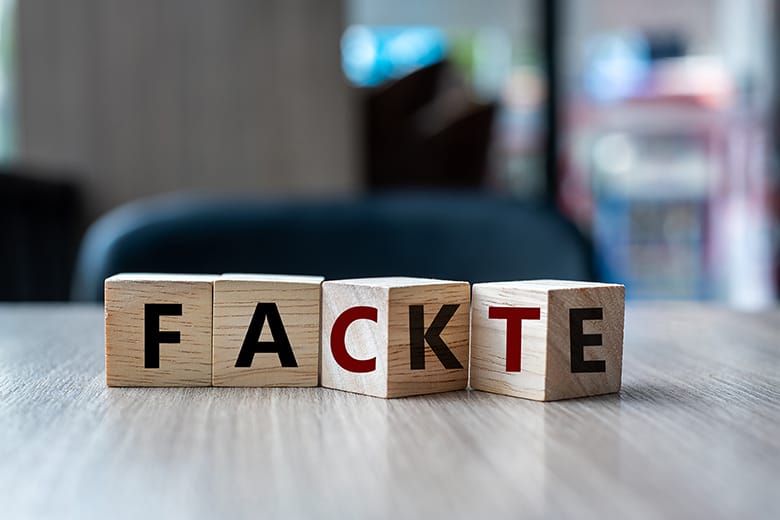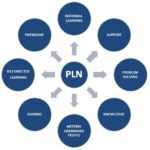The video interviews and the readings for this week were extremely thought provoking. They gave me a better understanding of what digital literacy is, and why it is so important for both students and educators today. I believe the importance for the need of digital literacy was highlighted at the beginning of the COVID-19 pandemic. There was a lot of information and misinformation regarding the pandemic. People were reading multiple articles, watching numerous news channels just to be updated on the pandemic. A lot of this information was ‘word of mouth’.
A number of other factors contribute to the economics of fake news and each, when coupled with one or more of the others, tends to compound the problem even further(Hirst, 2018, p.78). A lot of fake news was generated in the last year regarding COVID-19, and the pandemic. It makes me wonder how many people actually checked the sources of their information on COVID-19. Would the toilet paper frenzy in North America have not happened? Would it have prevented the rise in Anti-Asian racism caused due to misinformation regarding the origin of COVID-19?
I resonated with Julie Smith in her interview with Jesse Miller where she talks about how people are more interested in what they believe than what is true. She mentions that we have to figure out what is valid and the sources we choose to use. I believe the best way to curate my social media to have a critical public audience would be to expose myself to new ideas and people. Through our PLN we can build a social media connection to provide us with a different perspective. Julie talks about the importance of a different perspective from people who are not in your silence. A PLN that values digital literacy provides objective voices that rationally guid us when we require it the most (Smith, 2021). Often open dialogues about media literacy and factual information can create conflict. This happens because it is uncomfortable to question your beliefs, and as Julie said people are more interested in what they believe than what is true. Understanding the sources of our news, and being mindful about how we choose our PLN and social media to share the same news would be the best approach on trying to resolve this conflict.
In her interview with Jesse Miller, Jody Vance talks about being fluid in building one’s PLN. It is important to be open to building new connections, people who may just float by you become a really important part of your network (Vance, 2021). Having a diverse PLN and being in the public eye can set one up for success. Networking is a very important skill in the corporate world, and is valued by many employers. Through networking we can sell our brand. Our brand is our authentic self. Potential employers are looking for what you can bring to the table, and by building a PLN we can connect with potential employers. I believe volunteering helps one create a very unique PLN, and build important connections. Volunteering is the best way to be in the public eye of industry professionals and potential employers. People volunteer their time and energy because they are passionate about a particular work/field. Sometimes networking tools that have been provided by the university or employer aren’t enough. Small opportunities like volunteering make a difference, and sometime help one bring their authentic self to the table.
Reference
Smith, Julie. “EDCI 338 – Media literacy with Julie Smith.” YouTube, uploaded by MILLER, 6 June 2021, https://www.youtube.com/watch?v=57r3-aEnci0
Vance, Jody. “Jody Vance Media Voices.” YouTube, uploaded by MILLER, 6 June 2021, https://www.youtube.com/watch?v=E-NnpQJdl0A
Navigating Social Journalism: A Handbook for Media Literacy and Citizen Journalism by Martin Hirst, Chapter 4. The Political Economy of Fake News – pp.7


